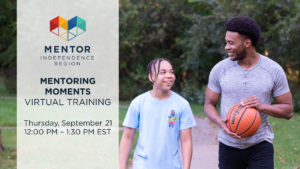Navigating A New School Year: The power of connection, belonging, and relationships
September 5, 2023Back to School season is upon us again! The relaxing days of summer are behind us (although the heat is not!) and students are filled with complex emotions as they re-acclimate to these first weeks back at school. While some students are starting new academic journeys and others are returning to familiar routines, the glue that underpins the day are relationships. End-of-first-day conversations are filled with questions like, “Who did you sit with at lunch?”, “Did you make any new friends today?”, “Is it the same bus driver as last year?” or “Do you like your new teacher?” Establishing these connections early on in the school year can influence the academic, social, and mental well-being of our students. Both parents/guardians and students desire a school environment where children feel safe, connected, and like they belong. They want a clean and welcoming physical space, the right tools for learning, and relationships with peers and adults that help them persevere and even thrive at school.
Teachers and school staff play a crucial role in helping children make these developmental connections. The Developmental Relationships Framework is based on extensive research conducted by the Search Institute, which has identified five elements as key components of relationships that have a positive impact on students’ well-being, academic success, and personal growth. This framework is used by educators, parents, caregivers, and other adults who work with young people to enhance their ability to support and mentor them effectively. With these developmental relationships in place, students can experience reduced feelings of isolation, increased feelings of belonging, improved confidence and resilience, and better academic progress and more days in school. All of these can contribute to better mental health.
Here’s a closer look at the role of teachers and school staff in fostering such relationships:
Express Care: Teachers and school staff can create a safe and trusting environment where students feel cared for and valued. This involves actively listening to students, acknowledging their feelings, and providing emotional support when needed.
Challenge Growth: Educators can set and communicate high academic and personal expectations for students. This encourages them to strive for excellence and continuously improve. Offering constructive feedback and encouragement is essential for students’ growth. Teachers can identify strengths and areas for improvement, helping students develop self-awareness and a growth mindset.
Provide Support: Teachers and staff can offer academic support through extra help sessions, tutoring, or additional resources for struggling students. They should be approachable and available for questions or concerns. Being attuned to students’ emotional needs is vital. Teachers and staff should be empathetic, approachable, and willing to help students navigate personal challenges, whether related to school or outside of it.
Share Power: Teachers can engage students in classroom decisions, allowing them to choose projects, topics, or teaching methods when appropriate. Encouraging student voice promotes a sense of ownership and empowerment. When conflicts arise, teachers and staff can mediate discussions that involve students, encouraging dialogue and problem-solving. This teaches students constructive ways to handle disagreements.
Expand Possibilities: School staff, including counselors and career advisors, can guide students in exploring their future possibilities. This might involve discussing career options, college applications, and skill development opportunities. Encouraging students to participate in extracurricular activities, clubs, or sports can help them discover their passions and interests beyond the classroom.
MENTOR Independence Region is proud to work with schools, districts, and out of school time programs that support these developmental connections for young people. On September 21, we’re hosting a free, virtual training called Mentoring Moments which helps adults gain the skills they need to build these developmental relationships with students. Click here to register. And on September 28, we’re hosting a Community Dialogue on Mentoring and Mental Health for students – stay tuned for registration info!


